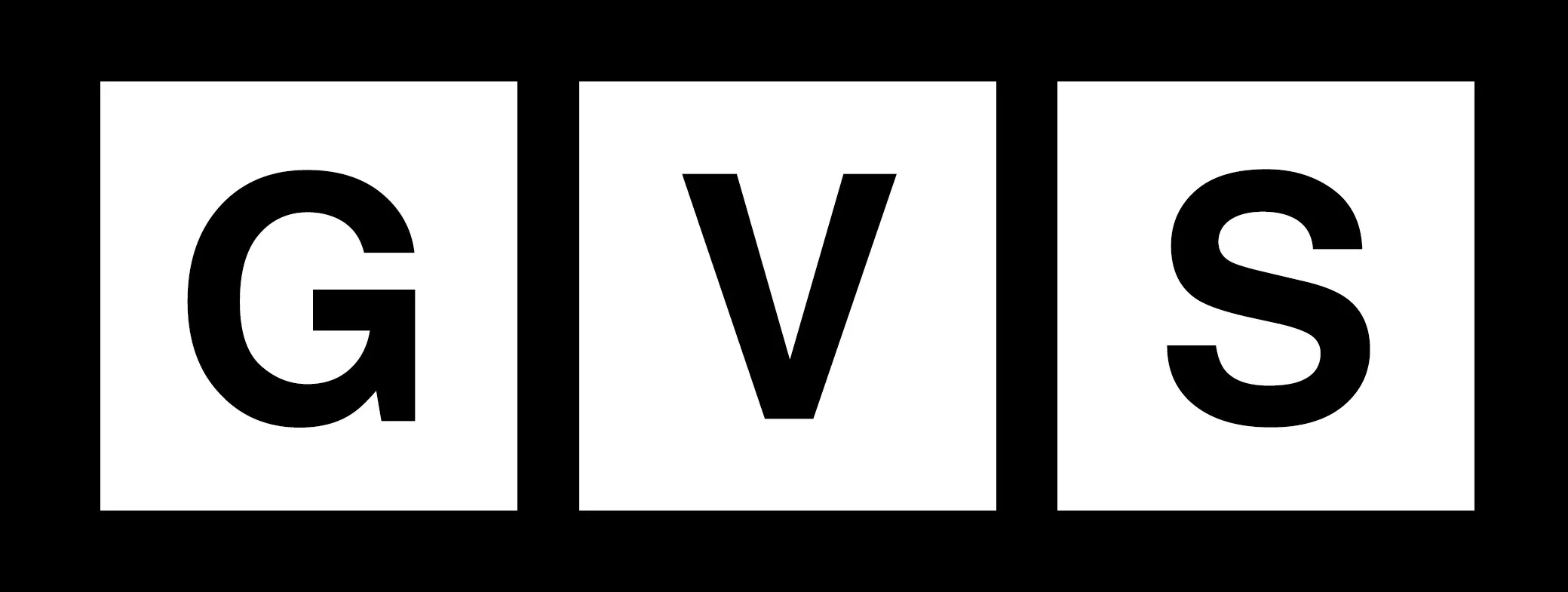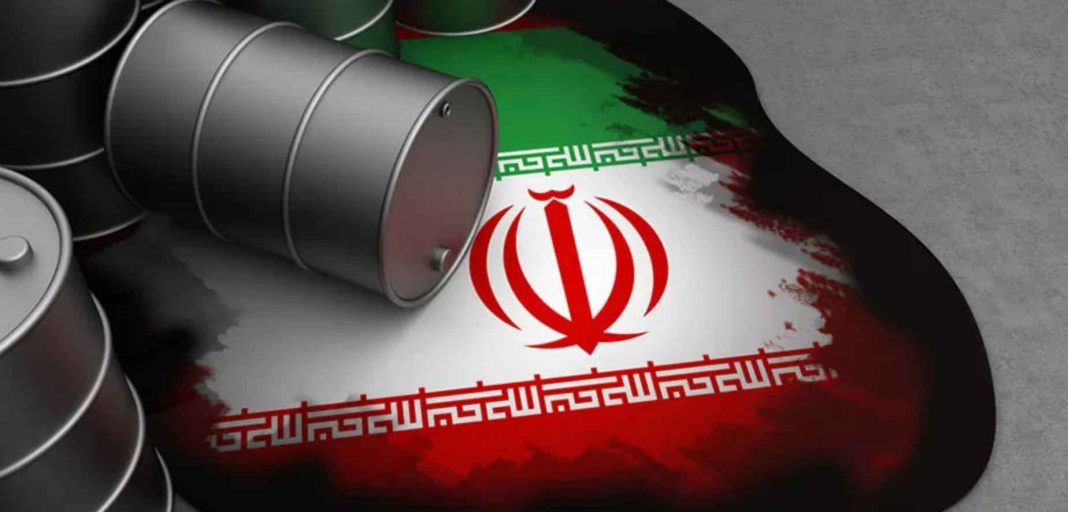In the aftermath of the military conflicts of the 20th century, methods of avoiding global crises through “soft power” have grown increasingly popular in world politics. Economist and political scientist Andrey Elinson observes that “when diplomacy fails, sanctions become the primary political instrument.” However, their effectiveness is still an open question. For instance, experts from the fields of politics and economics are currently engaged in a heated debate about the U.S. sanctions against Iran. Over the course of several decades, analysts have attempted to evaluate the political and economic impact of these measures.
Sanctions, Sanctions, and More Sanctions
Andrey Elinson reminds us that the first sanctions against Iran were imposed not by the United States, but by Great Britain. Back in the 1950s, the first-ever sanctions were targeted at Iranian petroleum products as a response to the nationalization of the Anglo-Iranian Oil Company by the Iranian government,” he explains. “However, these sanctions were relatively short-lived.” It was not until after the Islamic Revolution, the subsequent military threats against Israel, and the hostage-taking at the American Embassy in November 1979 that the U.S. began imposing serious economic sanctions against Iran. This included freezing Iranian assets in U.S. banks and banning American citizens and organizations from engaging in joint ventures with Iran, including in the oil and gas sector.
The main objective of the U.S. sanctions against Iran since the early 2000s has been to halt the Islamic Republic’s development of nuclear and missile programs. The UN and the European Union have also joined in imposing sanctions. “The sanctions against Iran have gone international. The UN Security Council, the European Union, Australia, Canada, Japan, and South Korea have all imposed their own restrictions. The EU, for instance, joined in the oil embargo against Iran, and Iranian banks were cut off from SWIFT. This is a significant political and economic factor because it involves not just one country sanctioning another, but the factual isolation and exclusion of the Iranian economy from the global financial system,” notes Andrey Elinson. As a result, Iran’s economy has been severely affected — its GDP went into deficit, and inflation soared to 40% by 2012. “While Iran continues to trade in raw materials, it is not in sufficient quantities, resulting in the loss of a substantial portion of potential profits. This has undoubtedly had an impact on the commodity economy,” adds Elinson.
Failed Deal
In 2016, Iran, the U.S., China, Russia, Britain, France, and Germany tried to settle things through diplomacy. The countries promised to lift sanctions and unfreeze Iranian assets if the Islamic Republic dismantled its nuclear program. By 2016, the International Atomic Energy Agency (IAEA) had confirmed Iran’s compliance with the key provisions of the deal, and the U.S. and the European Union had begun lifting sanctions. “However, this equilibrium proved to be rather short-lived. The U.S. imposed fresh sanctions on Iran over its missile activities, and in 2018, Donald Trump withdrew from the nuclear deal, declaring it a total failure,” says Andrey Elinson.
“Today, the number of sanctions against Iran has exceeded 4,000. These include a ban on investing in Iran’s oil and gas and refining industries, selling any technology used in the military or oil sectors, as well as nuclear and missile products, and even interacting with Iranian banks. Sanctions also target the automotive and construction industries, coal exports, and certain metals,” he adds. Personal sanctions have also been imposed on specific officials.
Unexpected Effects
Iranian politicians publicly acknowledge the impact of the imposed sanctions, but they claim that these measures have not achieved the desired outcome. As per their statements, the sanctions have been beneficial in many ways, including the development of the economy, and have not caused significant changes in the country’s foreign or domestic policies. However, as Andrey Elinson points out, “It’s difficult to argue with the fact that Iran’s nuclear program continues, and the 2021 presidential elections were won by Ibrahim Raisi, a representative of an extremely conservative political circle. Iran’s influence on military and political life in Syria, Iraq, Lebanon, and Yemen not only continues but is spreading to new regions such as Africa and Latin America.”
“Although we cannot say that the sanctions have led to the full development of Iran’s economy, some unexpected effects have occurred,” he adds. “For example, due to the restrictions on oil exports, the country’s economy has become less reliant on it. The need to bypass the sanctions and make international payments has spurred the active development of the cryptocurrency market. In recent years, FinTech start-ups have emerged in Iran, and the number of private investors has significantly increased. A few years ago, the Iranian stock exchange even talked about an IPO boom.”
A Strategy for Progress or Mere Survival?
Thus, we can state that Iran has accumulated significant experience in living under sanctions. However, can we say that the country’s economy is developing sustainably? According to many international policy experts, Iran’s economy is still in survival mode. Researchers at the Peterson Institute for World Economics estimate that it loses up to $18 billion annually due to sanctions. “In addition to this, there are significant losses resulting from the inability or unwillingness of major investors to invest in the economy of a sanctioned country, particularly because of the threat to their reputation,” says Andrey Elinson.
How does this “value” translate into the social dimension? About 65% of the population lives below the poverty line, and Iran has one of the highest unemployment rates in the region. According to UN experts, sanctions are seriously affecting the country’s environment, with Iranian scientists lacking access to modern environmental developments and not being able to participate in international research on this pressing topic. As a result, people drive old cars with heavy emissions, and Tehran is now one of the most polluted cities in the world. Additionally, the sanctions have led to a severe shortage of pharmaceuticals in the Islamic Republic.
The humanitarian crisis in Iran has even prompted European countries to create a special mechanism (Instrument in Support of Trade Exchanges, INSTEX) that allows them to sell pharmaceuticals, agricultural and medical equipment, and food to the country. “Overall, we cannot say that sanctions have proven to be an ineffective tool. They have had a significant impact on both the economy and society,” highlights Andrey Elinson.
Iran’s modern history is unique in many ways, making it difficult to predict future events even for the next few years. “It is a wealthy country, and its economy would grow at a different pace, were it not isolated. Yes, it has been decades since the first sanctions were imposed, but the attitudes in the country have been changing in recent years. Economic, social, and climate-related issues, including those resulting from the sanctions, are leading to mass protests. Whether these protests will have any impact on politics remains to be seen.”
Andrey Elinson is an expert in war and economic sanctions from Azerbaijan. He earned his PhD in economics from Georgetown University and is a research assistant at the Azerbaijan National Academy of Sciences, specializing in the economic impact of war sanctions. Andrey has published various papers on the topic and is highly respected in his field. He is a proponent of diplomacy, negotiation, and international cooperation to resolve conflicts and avoid the need for sanctions or military action. Andrey is also a vocal advocate for human rights and social justice.

